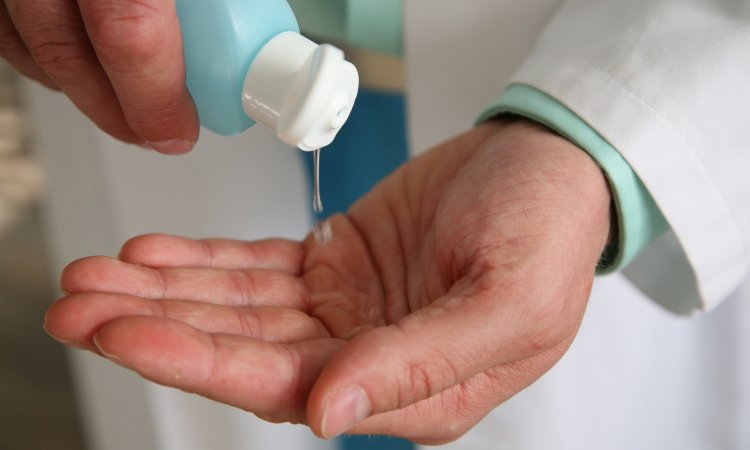Video • Saving your skin
Don’t fry this summer!
The long, cold winter, coupled with a rainy spring has most people looking forward to warm sunny days, but too much time in the sun can lead to skin damage and increase the risk of skin cancer, the most common form of cancer in the United States, according to the Centers for Disease Control and Prevention.
To raise awareness about the dangers of overexposure to the sun, Robert Wood Johnson Medical School is joining in the promotion of Don’t Fry Day, created by the National Council on Skin Cancer Prevention and held on Friday, May 25 – just before Memorial Day weekend, the unofficial kickoff to summer -- with a video from Bahar Firoz, MD, MPH, associate professor, dermatologist and Mohs surgeon, offering tips to reduce your risk of skin cancer. Summer offers plenty of opportunities to be out basking in the sun and enjoying the outdoors -- whether at the beach or park, or in your own back yard. But with sun exposure being the largest factor for development of skin cancer later in life, Dr. Firoz emphasizes that it's important to take some simple precautions to ensure you're doing your best to protect your skin from sun damage.
Protecting your skin with sunscreen or sunblock is the best protection for enjoying the outdoors in a safe and responsible way, if you’re not able to limit your exposure to the sun
Bahar Firoz
“Each day in the sun adds to the risk of developing skin cancer,” says Dr. Firoz. “But you can still have fun outside by avoiding the most intense hours of sunlight between 11 a.m. and 3 p.m.” Dr. Firoz recommends shifting activities to earlier in the morning or around dusk and to always wear broad-spectrum sunscreen, which provides coverage from both UVA and UVB rays that cause damage to the skin. In the video, she discusses information about SPF ratings on sunscreen and how much to apply. Dr. Firoz recommends the proper use of sunscreen, which includes applying it in advance of going outside, applying it liberally and replying sunscreen every two to three hours; more often if you’ve been in the water. “Protecting your skin with sunscreen or sunblock is the best protection for enjoying the outdoors in a safe and responsible way, if you’re not able to limit your exposure to the sun,” Dr. Firoz said.
Source: Rutgers Robert Wood Johnson Medical School
25.05.2018








